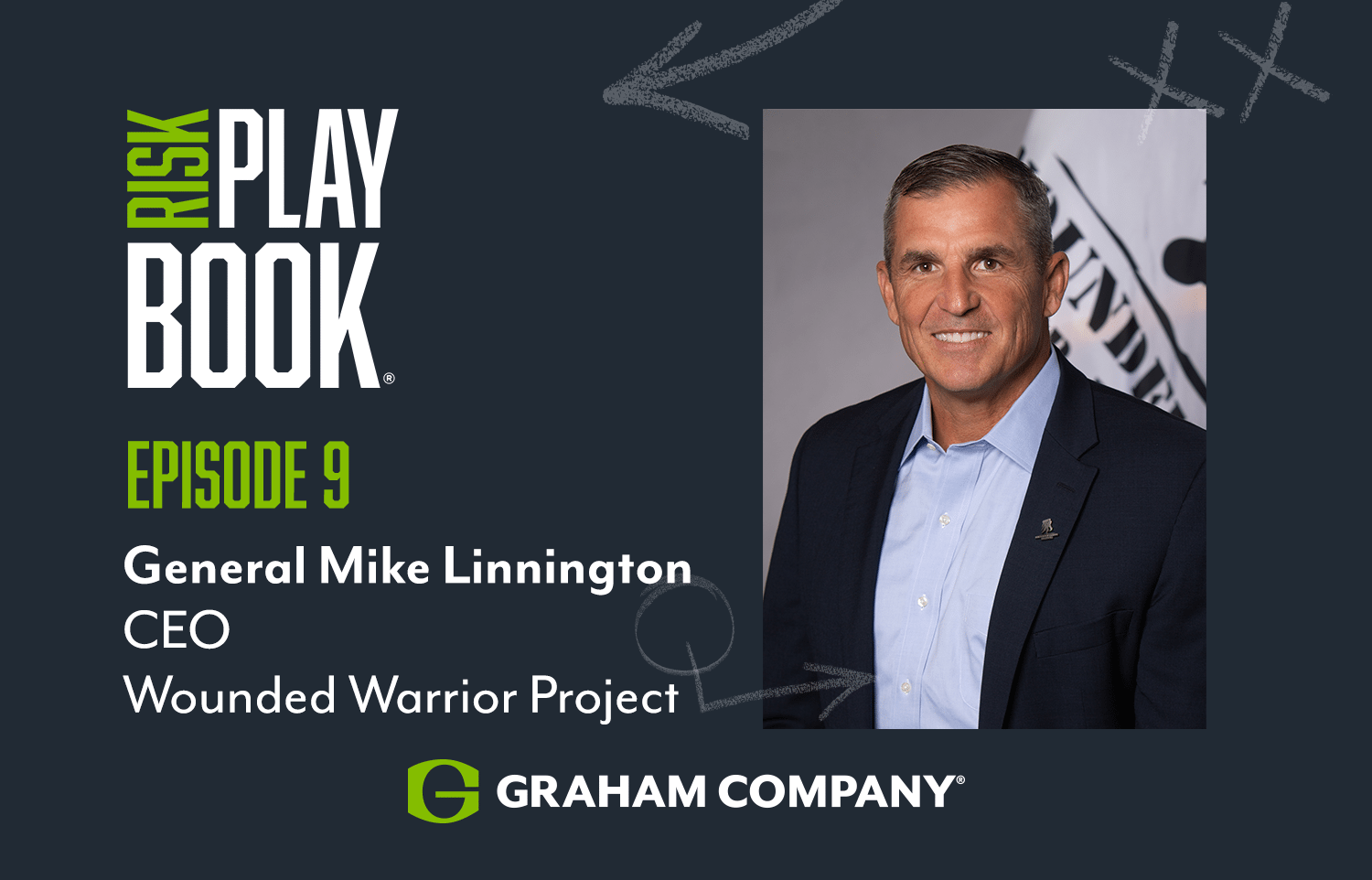If you’re a property owner, water damage is your worst enemy. Not only can it be costly, it can be time-consuming. The best way deal with water damage is by understanding what risk factors to look out for and knowing how to prevent water damage to implement the appropriate prevention methods to mitigate these risks. Below are four water damage risk factors you should be aware of and best practices you can implement to reduce the chances of your property suffering water damage.
Water Damage Risk Factors:
- Geography – Different locations of the country present different risks. If your building is in an area prone to tropical storms and hurricanes, you need to prepare accordingly.
- Property Age – If a building is more than 25-years-old, exterior systems like roofs, gutters and windows will be reaching the end of their useful life and be in need of maintenance. The same goes for internal mechanical systems that use water.
- Building Use – Residential properties often have more plumbing systems, more, smaller mechanical systems, smaller units, and more people using those systems than in a commercial setting. This increases the opportunity for misuse and breakdown.
- Height – The taller the building, the greater the chance for water damage because gravity pulls water down from higher floors, damaging everything along the way.
Prevention Methods:
- Inspect Your Property – Inspect the interior and exterior of your properties one to three times a year, depending on the risk factors noted above. Check the condition of exterior systems including the roof, gutters, and windows, as well as the interior drains, plumbing and any mechanical systems and appliances with water hookups. You insurance broker should provide you with a Safety Consultant to design and implement an inspection regimen.
- Have a Water Damage Protocol – It should be written and on-site at the property so employees can find it in an emergency. Include detailed instructions for shutting off the water in the building, and list the contractors and vendors to call in the event of a leak, as well as conditions that can lead to mold and the necessary steps to take to treat a leak.
Water damage is a very real risk if you’re a property owner, so being able to monitor for and prevent it is of paramount importance. If you need assistance identifying risk factors or implementing prevention methods, get your broker involved in the process. He or she will make sure you’re doing all you can to keep water damage at bay.
EB.jpg)






